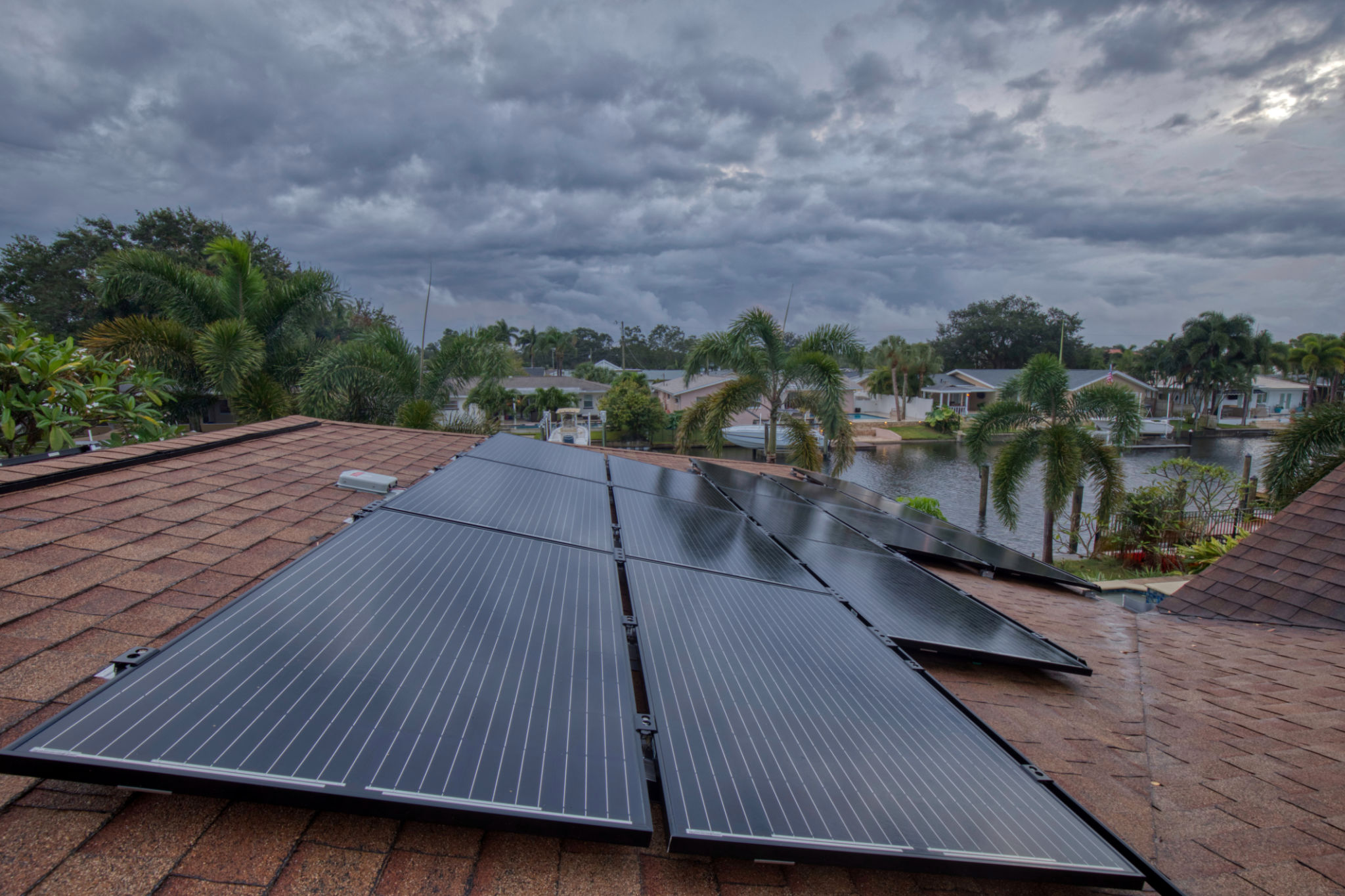Top Myths About Solar Energy Debunked: What Australians Need to Know
Introduction
As the world shifts towards sustainable energy solutions, solar power has emerged as a leading option for reducing carbon footprints and lowering energy costs. However, despite its growing popularity, several myths about solar energy persist, especially in Australia. These misconceptions can deter potential users from adopting this clean energy source. In this post, we aim to debunk some of the most common myths surrounding solar energy.

Myth 1: Solar Panels Don't Work in Cloudy or Rainy Weather
One of the most prevalent myths is that solar panels only function efficiently under constant sunlight, rendering them useless on cloudy or rainy days. However, this is far from the truth. Solar panels are designed to convert light into electricity, not heat. They can still generate power from diffuse sunlight during overcast weather. In fact, many regions with less sunshine than Australia successfully use solar power.
Performance in Different Climates
It's essential to understand that while solar panels operate optimally in full sun, they are still productive in various weather conditions. Australia's diverse climate is more than adequate for solar energy production year-round.

Myth 2: Solar Panels Are Too Expensive
The perception that solar panels are prohibitively expensive is another common misconception. While the initial investment may seem significant, it's crucial to consider the long-term savings on electricity bills and potential government incentives that can offset installation costs. Over the years, solar technology has become more affordable and accessible.
Financial Incentives and Savings
The Australian government offers various incentives, such as rebates and feed-in tariffs, to encourage solar adoption. These incentives can significantly reduce out-of-pocket expenses and make solar a cost-effective choice for many households.

Myth 3: Solar Panels Require High Maintenance
Some people believe that maintaining solar panels is a cumbersome and costly task. Contrary to this belief, solar panels require minimal maintenance. They are designed to withstand harsh weather conditions and typically only need occasional cleaning to remove dust or debris.
Durability and Longevity
Most solar panels come with warranties ranging from 20 to 25 years, ensuring their durability and efficiency over time. With proper care, these panels can continue generating electricity efficiently for decades.

Myth 4: Solar Energy Isn't Reliable
The concern about the reliability of solar energy often stems from its dependency on sunlight. However, advancements in battery storage technology have significantly improved the reliability of solar power systems. Homeowners can now store excess energy generated during the day for use at night or during cloudy periods.
Energy Storage Solutions
Battery systems allow users to maximize their solar investment by providing a stable energy supply regardless of weather conditions. This innovation ensures that solar energy remains a dependable source of electricity for Australian homes.
Conclusion
Understanding the realities of solar energy is crucial for making informed decisions about adopting this renewable resource. By dispelling these myths, Australians can better appreciate the benefits of solar power and take steps towards a more sustainable future. Embracing solar energy not only contributes to environmental conservation but also offers significant financial advantages over time.
